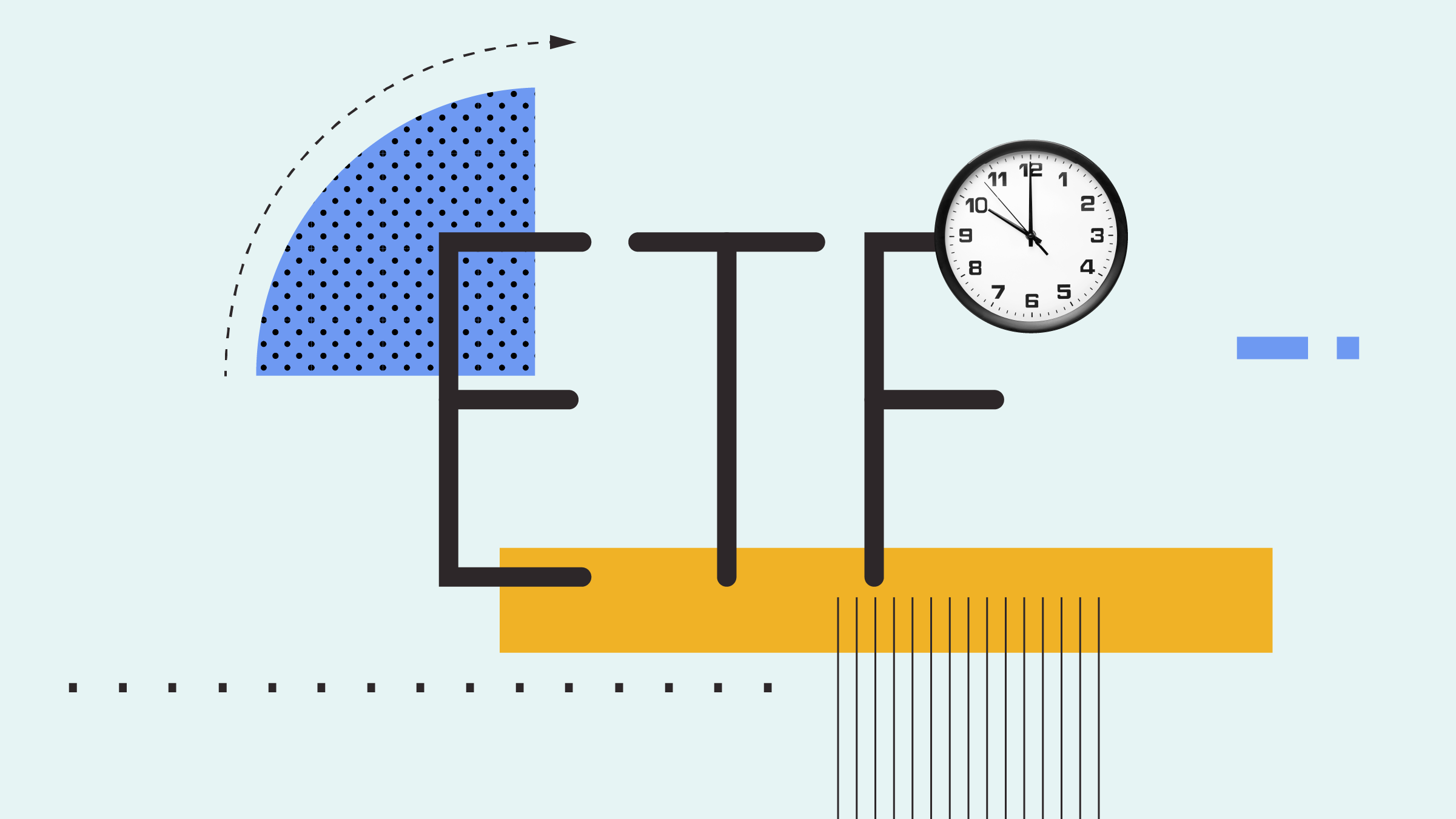Higher rate earners annually waste more than £225 million in unnecessary tax payments; the equivalent of £2,500 a year each.
The average higher rate tax payer earns £63,000 a year according to a report from Prudential, but despite their career success one in 10 do not put money away for retirement.
Not only is this failing to secure themselves a comfortable retirement, but it is also neglecting to take advantage of £225 million worth of tax relief from HMRC.
Those higher earners surveyed by the Pru who do make personal contributions to a defined contribution company pension scheme contribute on average £523 a month, benefiting from more than £200 a month in tax relief – or more than £2,500 a year.
Without these contributions, those higher tax payers may end up with a retirement income of less than their lower earner – but more financially savvy – peers.
Those higher earners that do make pension contributions should ensure that the correct tax relief is being paid back into their pension.
Members of workplace pension schemes will automatically get the correct amount of tax relief on their contributions, but when it comes to personal pension plans such as GPPS or SIPPs the standard tax relief is basic rate at 20%, so pension savers should make sure they complete a tax return so that HMRC can bump up the difference.
“A career spent earning a relatively high income doesn’t guarantee a comfortable retirement. It’s easy to see how pension contributions can be overlooked,” said Clare Moffat, a tax specialist at Prudential.
“Saving into a pension offers valuable tax relief to all workers and particularly to higher rate taxpayers. With a lower threshold for higher rate tax more people stand to benefit from extra tax relief on pension contributions.”
Workers are being reminded of the tax benefits of pension saving as they become more engaged with retirement planning following the Budget.
Pension reforms in the Budget mean that two thirds of employers expect workers to up their pension contributions, according to consultancy firm Towers Watson.
Now that employees have more freedoms to design their own pension income, there is more of an impetus for them to take control of their retirement saving.





























